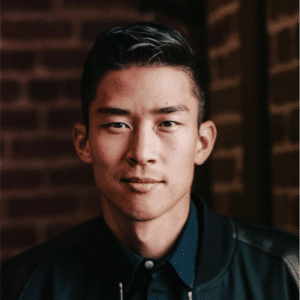Stories and headlines remained focused on the Asian American athlete’s “strict” parents, discipline, and immigrant service, experts have pointed out. While these are important aspects of their lives, neglecting Olympians’ other great qualities, such as passion and individuality, have led to a long history of refusing to depict Asian Americans as full human beings, even in elite sports.
Tina Chen, a history professor at the University of Manitoba and a member of Skate Canada mentioned that people are always looking for a point of difference between Asian Americans and the so-called regular American, so they don’t recognize Asian Americans as full citizens in their own right.
Experts say the media has historically relied on many of the same narratives. Michelle Kwan’s father was often described as a major, demanding factor behind her achievement more than 20 years ago. Vincent Zhou’s parents have been presented in similar ways decades later — as parents who sacrificed for their son to excel.
“While people might say, ‘This person’s parents forced them to do this,’ … when we’re on the ice, we’re the only people in control of our own bodies and minds,” Zhou said.
Almost all Asian American Olympians, including Alex and Maia Shibutani, Mirai Nagasu, and snowboarder Chloe Kim, have been tagged with the phrase “family sacrifice.” Shaun White’s accomplishments, on the other hand, have long been attributed to his undying love for the sport.
While Olympians’ close ties with their parents and other major persons in their lives should be taken “at face value,” Jennifer Ho, president of the Association for Asian American Studies, believes that the media prioritizes these stories above others for a reason. Focusing on immigration stories keeps Asian Americans in the United States as “new” immigrants, regardless of how long they’ve been here.
Experts say that increasing the diversity of staff in newsrooms isn’t enough to ensure more humanizing coverage. They claim that lived experience, while important for reporting on underprivileged communities, is further boosted by racial literacy.


